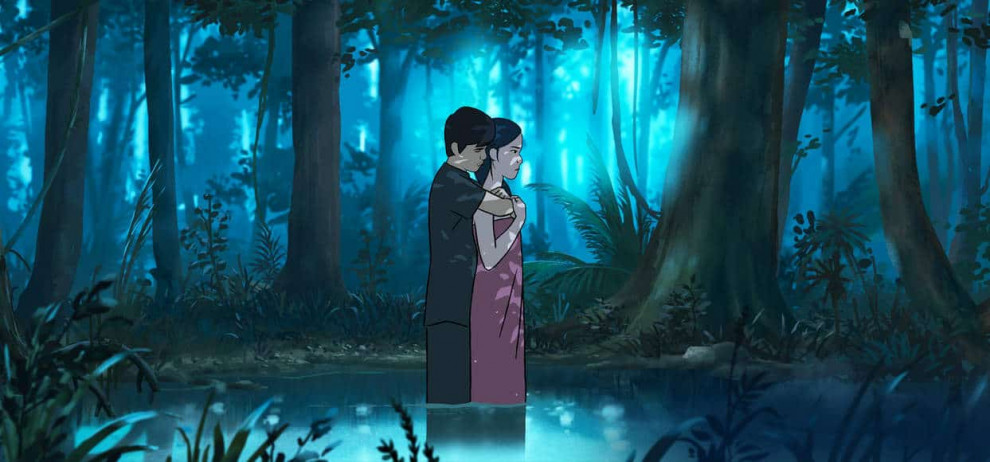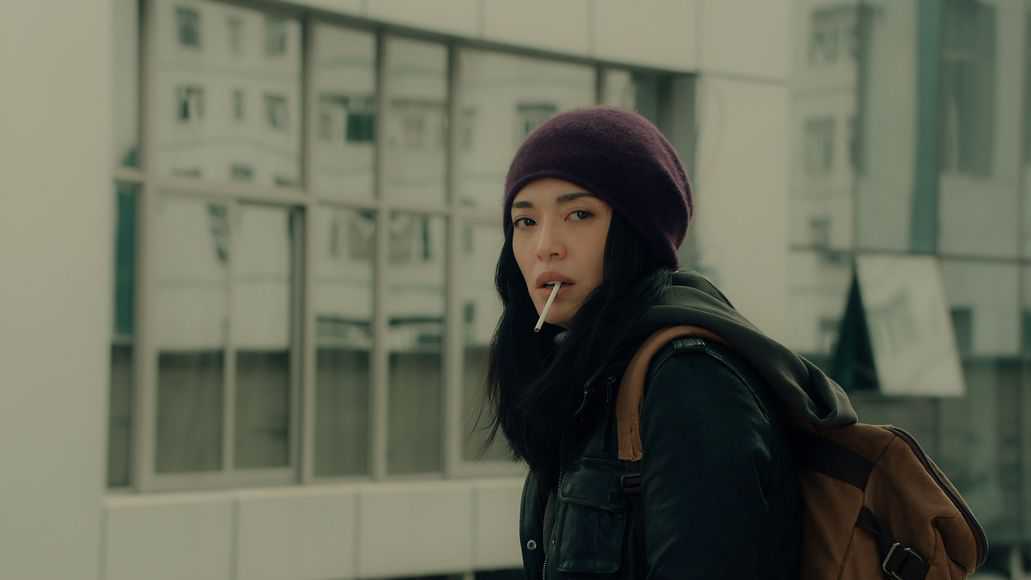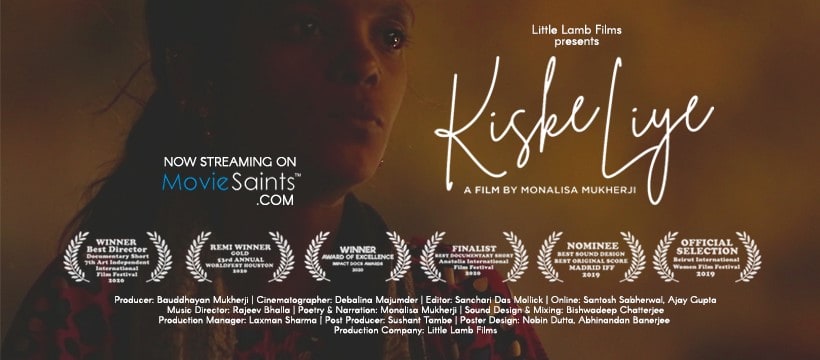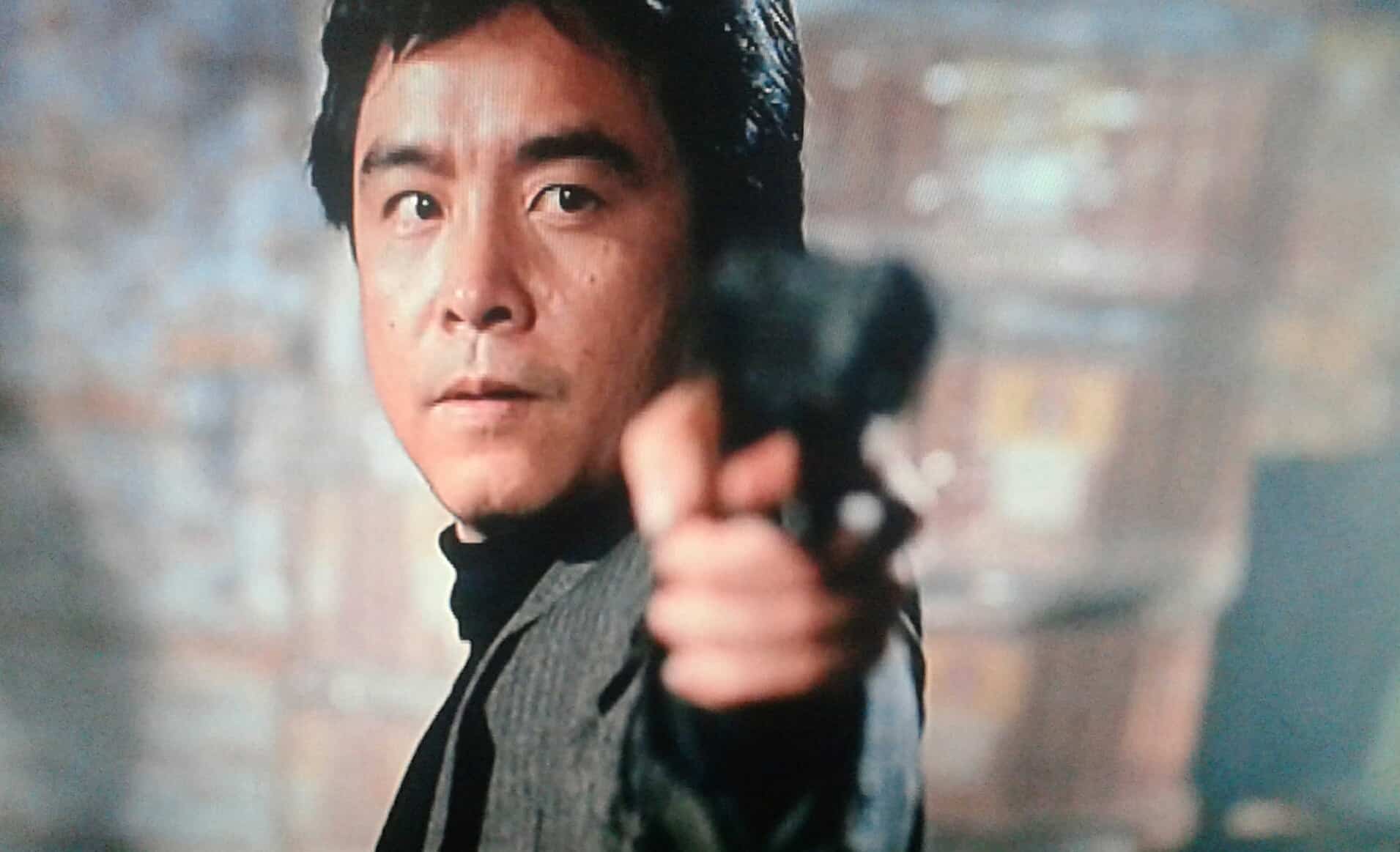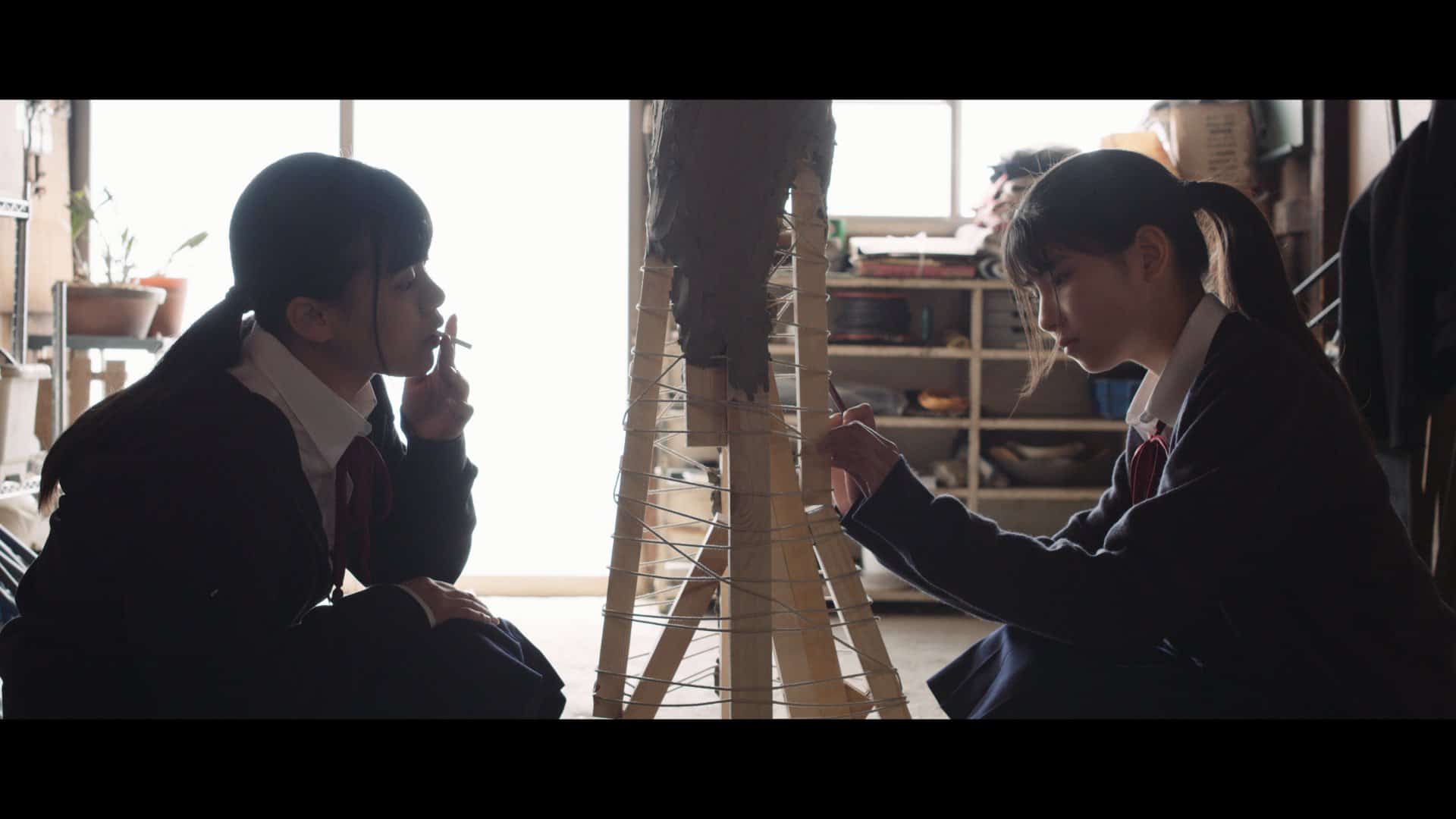“We're together now. It'll be fine.”
For director Denis Do the task of making his first film is closely linked to his family's history. Born in 1985 in Paris, Do is a child of three different cultures; the French, the Chinese and the Cambodian. His first feature “Funan” – as the closing credits state – is dedicated to his mother, his brother as well as the survivors of the Khmer Rouge regimes in Cambodia between 1975 to 1979. In an interview with Zippy Frames from 2013, the director mentions how his mother lost his brother in the turmoils of the Khmer Rouge's rise to power. Only after the regime ended the family was eventually able to re-connect, a fate which many Cambodians shared, while others never saw their relatives again.
“Funan” is screening at Five Flavours Asian Film Festival

However, “Funan” is not a political film in the mind of its director. According to Denis Do, authoritarian regimes and tyrannies have tried to destroy the core which constitutes a family, shape them to their will. Eventually, every system failed and made the bond between people, between the members of a family even stronger than it was before. Besides his own family history, the stories of so many families left quite an impression and influenced the making of “Funan” when he traveled through Cambodia during pre-production.
It's early 1974 in the village where Sovanh and his family live a more or less tranquil life until one day the Khmer Rouge regime forces them to leave. In the hands of their soldiers the family is separated when Sovanh is left behind and her father, Khoun, and her mother, Chou, are forced to move on or be killed on the spot.
While Sovanh and his grandmother, who managed to get back to her grandson in time, spend the following months in a village in the north of the country, the rest of the family has to work for the Khmer Rouge regime. Suffering from hunger, sickness, the tough working conditions as well as the cruel supervision of the soldiers, the years take a tremendous toll on the family. And eventually it also takes its first victims among them.

Considering this year's Five Flavours Film Festival features two films about the Khmer Rouge regime – “Funan” and “In the Life of Music” by Sok Visal and Caylee So – it is interesting both films focus primarily on the themes of family and their bonds. However, at the same time there is no denying the vast images of the Cambodian landscape of both films cannot hide the deep wounds history has caused, emotionally and politically. In the case of “Funan”, the wounds are imminent, the cut more severe as they violate the emotional fabric of the character, making their suffering almost intolerable. Do depicts the sacrifices and the pain of his characters quite drastically, from the oppressing heat of the sun as they work in the rice paddies to the emotional stress caused by the separation.
In the light of these themes and images, perhaps the most significant aspect of “Funan” is the characters themselves as well as the animation. Relying on 2D animation for the film, the focus lies in the family drama, each member carefully defined as part of the unit and as an individual. Whereas the bonds between the parents are tested under the stress of their cruel guards and their missing child, Sovanh experiences a childhood between extreme supervision, ideology and first steps into the world outside his own. Each of these perspectives is given their unique tone, one which develops as the regime's grip on their lives tightens and becomes unbearable, eventually threatens the very essence of what makes them human and compassionate.

Ultimately, “Funan” is a tale about what connects people, what makes them human, especially under difficult conditions. Changing between moments of extreme beauty and love to those of violence and depression, “Funan” is a touching film which will likely find an audience willing to take an unforgettable journey with its characters.
Sources:
Kroustalis, Vassilis (2013) Political Animation: Interview with Denis Do, director of Funan
www.zippyframes.com/index.php/interviews/political-animation-interview-with-denis-do-director-of-funan, last accessed on: 11/19/2018


